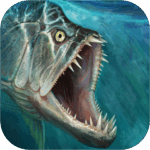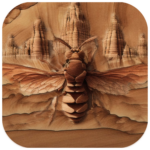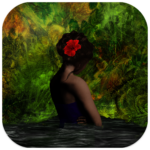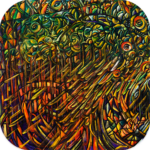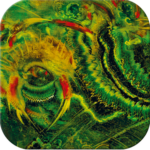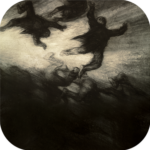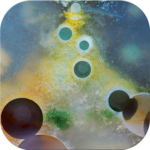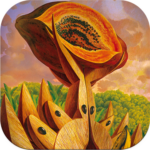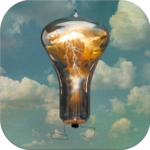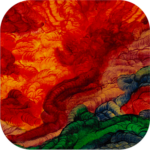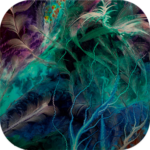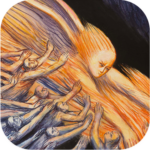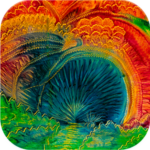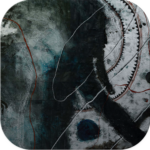About Dissolve
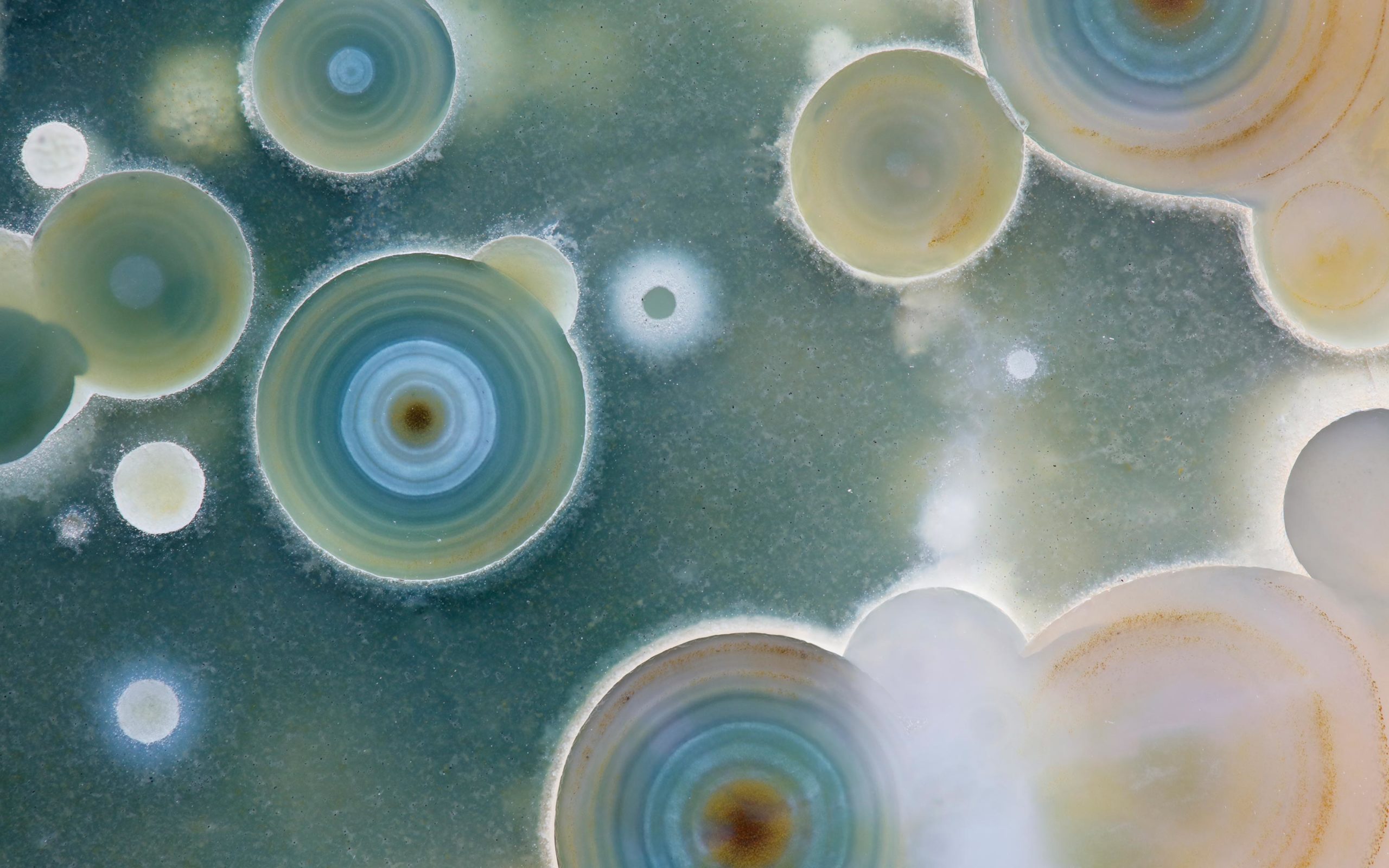
Q: Dissolve is about the experience of loss, both for the departed and the survivors.
RS: It’s an experience all of us must have, sooner or later. In advance of my own demise, my most impactful experience of death was the loss of my mother-in-law. She was a rare individual. As long as she lived, I knew only support and gratitude from her; never a harsh or doubtful word. I felt her departure keenly. I was playing with the ideas for Dissolve at the time, so losing her influenced the project greatly.
Q: Wiley’s experiences are supernatural and his belief system is irrational. What’s your point?
RS: I don’t think Wiley’s ideas about the transit between life and death are any more irrational than those promoted by traditional religions. Whether they’re sanctioned by scripture and centuries of belief, or cooked up on the fly, the stories we tell about departure all amount to the same thing, don’t they?
“My desire was to imagine a transition between life and death that served my nature better than those currently available.”

Q: That’s unfortunate, isn’t it?
RS: It’s the hand we’ve been dealt. Maybe science will surprise us in the future, but for all of our history up to the present, our rational faculties have given us no help whatever when it comes to the passage from life to death. What can we do?
Q: The orbs are unusual characters. And the Dark Sea they inhabit is an unusual Elysium.
RS: In Arms from the Sea, I created a new ecosystem, with new creatures and a new standard for survival, driven by a different kind of power than the one that presides over our world. In Dissolve, my desire was to imagine a transition between life and death that served my nature better than those currently available. And, as in everything I’ve written, the issue of belief is front and center.
Q: The Sea is alluring. I wanted to scoop a cup of it, or stick my hand in it.
RS: The medium of thought is not like earth’s water. It’s a medium of its own.
Q: Wiley’s pursuit of the orbs, with Roan as his agent, is a bit reminiscent of some of your Victorian literary heroes—Machen and Stevenson.
RS: You never fully reckon with the power of art you adore. I didn’t realize the trail I was following until I was well into the writing of Dissolve. And then there they were: Dyson and Salisbury, Utterson and Enfield. It was a joyful moment. I’ve never written anything like that. I think I would have failed if I had consciously put my mind to it. Dissolve came naturally, without prompting, without any suspicion of a hidden influence. But the influence was there.
Q: The bonus chapter in the app, “Roan in the Cove,” was a surprise.
RS: Like Wiley, I was so possessed by the orbs that I wanted to be with Roan when he brought them out of the earth. Those who have an interest can do likewise. The descriptions, by the way, adhere closely to the geography and the conditions. The giant bats are, in fact, worshipped by the locals; they consider the creatures their ancestors.
Q: So do you imagine an ending like Wiley’s for yourself?
RS: That was my motivation for writing the book. Often people who were raised in a traditional faith return to it when their time comes to die. But what about the rest of us? That led to the idea that you could embrace a transmutation story of your own—write your own scrolls for Anubis, as the Egyptians did. I have mine now.
